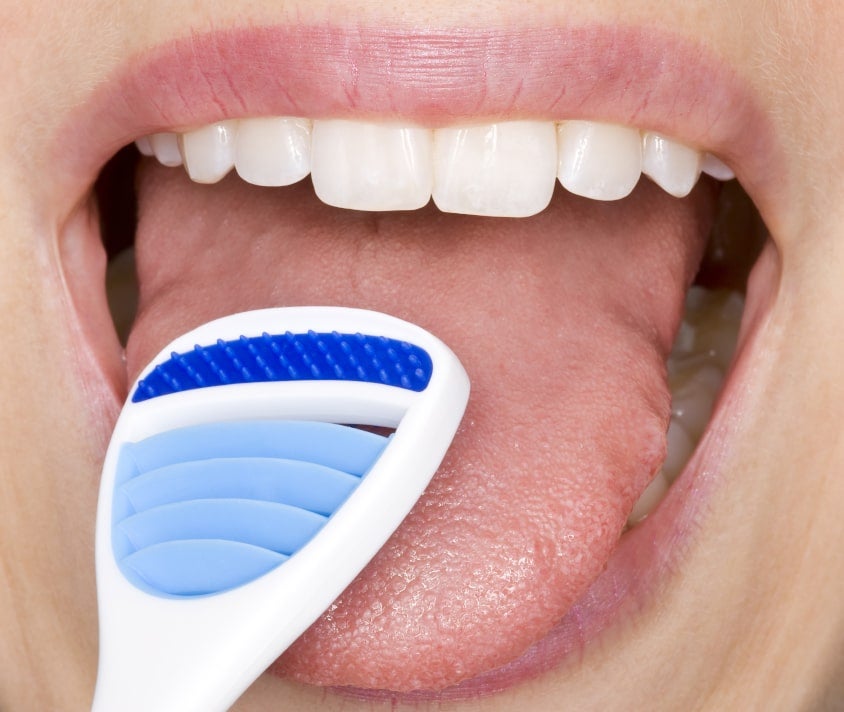This article will take you 7 minutes to read
It is well known that smoking is bad for your health. It is not for nothing that warning stickers on cigarette packets now draw attention to various health risks. Unsurprisingly, tobacco use is also associated with an increased risk of gum problems This is usually more serious in smokers and more difficult to treat. And the risk is all the higher, the more and the longer someone smokes. The good news, however, is that once you stop smoking, some of the impact already done can be reversed.
How exactly does smoking affect our gums?
Put simply, one of the side effects of nicotine is a vasoconstriction of the entire oral mucosa, including the gums, which simply does not receive enough blood. This is particularly problematic in the case of planned or already performed implantations. Because wound healing in smokers is also significantly slower, the risk of inflammation is significantly increased. In smokers, periodontitis is often more serious and progresses faster, which in the worst case can lead to even more tooth loss.
Gum problems are caused by dental plaque in the mouth. Fighting gum problmes is more difficult in smokers because the body's resistance to infection is weakened. The healing process is also delayed in the case of existing gum problems.
Another reason smokers are at increased risk is that smoking can mask the signs of gum problems . Discomfort in gums when brushing and flossing is a common symptom of gum problems. However, due to the poor blood circulation in the gums, this early warning sign is not necessarily noticed by smokers.
Healthy gums are pink. If the color changes to red, this can indicate gum problems. But this warning sign may go unnoticed because heavy smokers often have gray and discolored gums.
Gum problems can be worse in smokers because the absence of early warning symptoms may delay detection of the problem at a more serious stage. Smoking also reduces the body's ability to fight and heal infections in the mouth. Therefore, the treatment may not be as successful as in non-smokers. And apart from the possible late effects such as tooth loss, an infection always affects the general state of health. Smokers must therefore pay particular attention to their oral hygiene and their gums.
ways to prevent
It's always a good idea to quit smoking. And for people suffering from severe gum disease, it brings many more benefits. Apart from that, make sure you attend the regular check-ups in your dental practice and, in addition to professional tooth cleaning, make sure you take care of the oral cavity at home. This includes brushing your teeth thoroughly twice a day with a toothbrush and dental floss. Many harmful bacteria prefer to nest in the indentations on the surface of the tongue. So don't forget to clean your tongue with a specially designed tongue scraper. Finally, we recommend incorporating an antibacterial mouthwash into your routine to kill harmful bacteria throughout the mouth. This also freshens the breath and, in the case of mouthwashes containing fluoride, offers additional protection against caries. Mouthwashing is therefore an essential part of oral hygiene for smokers.
In addition to all the proactive oral care, however, you should always be aware of the increased risk and harmful effects of smoking on gums mentioned above. So consider weaning at the latest when the first symptoms of gum problems appear.




